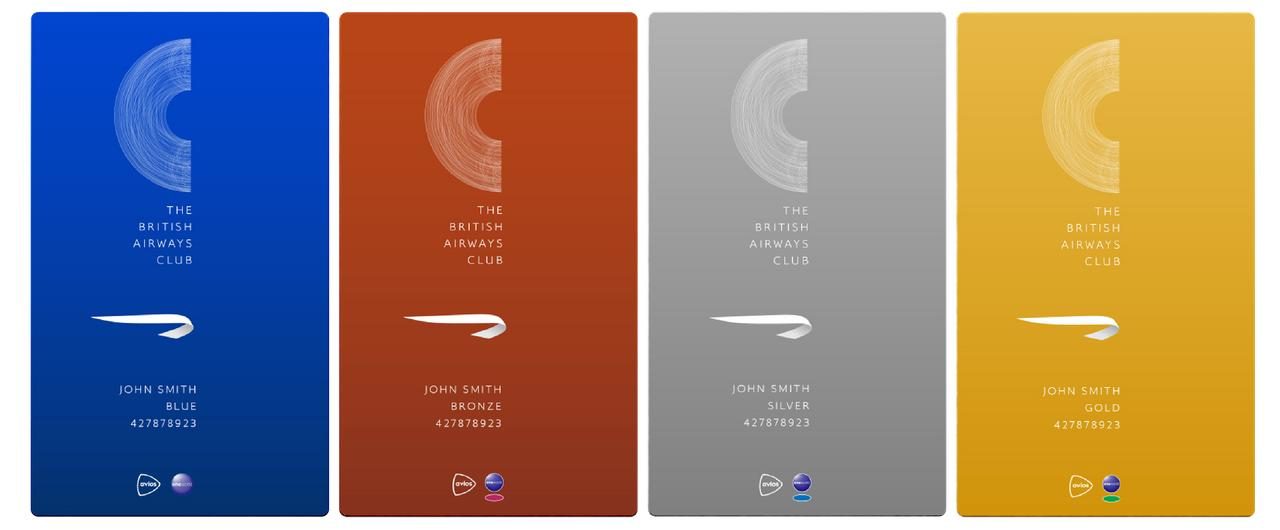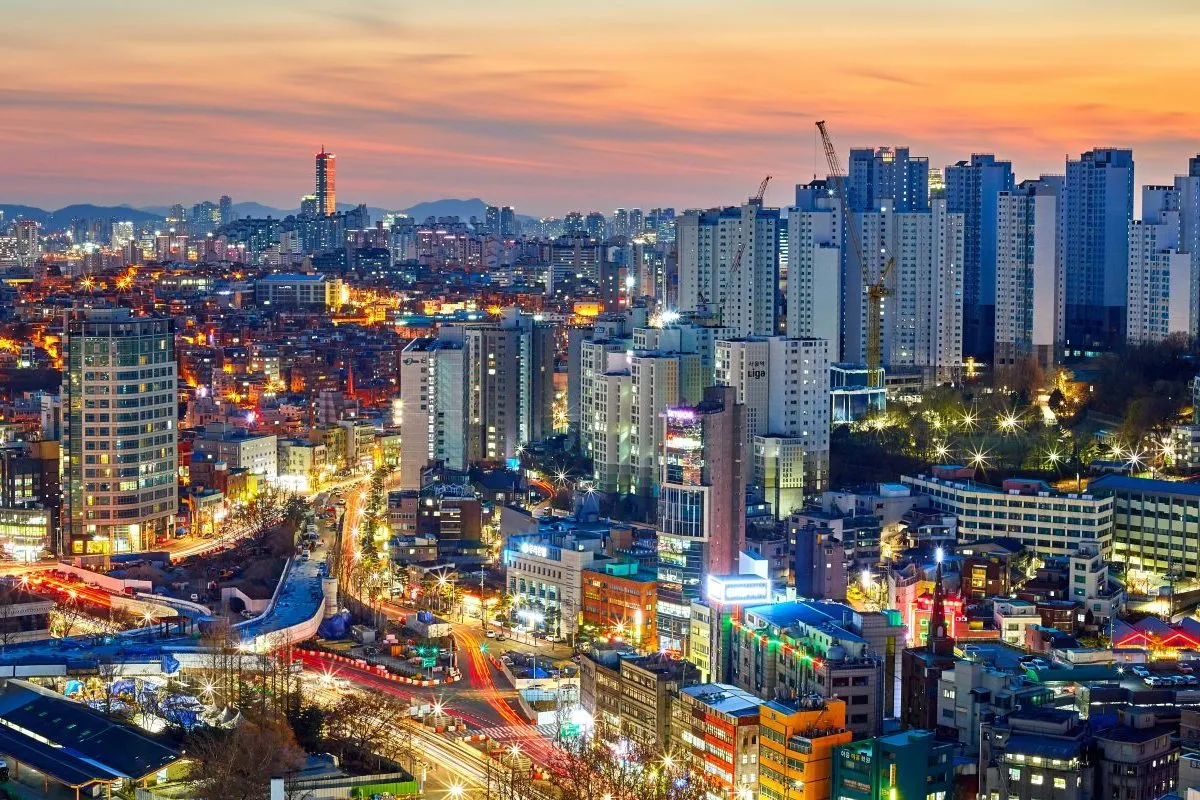Cruise Lines Balance Big Ships and Bigger Debts
Skift Take

Skift Daily Briefing Podcast
Listen to the day’s top travel stories in under four minutes every weekday.Good morning from Skift. It’s Friday, March 3. Here’s what you need to know about the business of travel today.
Listen Now
🎧 Subscribe
Apple Podcasts | Spotify | Overcast | Google Podcasts
Episode Notes
Sales and marketing in the hospitality industry has largely focused on driving consumer demand for hotels. But Columnist Colin Nagy argues that it needs to evolve to address the cultural tastes of luxury travelers.
Nagy writes in his On Experience column that the best sales and marketing practitioners are both business drivers and cultural navigators. He adds that smart cultural partnerships and programming can drive up rates and a property’s perceived value, citing a Mandarin Oriental hotel in Dubai as an example. It records the highest average daily rates in the city, success Nagy attributes in part to its relationships with prominent Emirati designers and fashion powerhouse Dior.
Next, major cruise lines are continuing to make enormous investments in new ships in an effort to boost their recovery. They’re accumulating even more debt in the process, however, reports Contributor Sherry Sun.
Sun writes that cruise companies are performing a balancing act between paying off debts and improving profit margins, noting they needed financial aid from governments and banks to stay afloat during the pandemic. She adds the cruise lines will also likely have to take on the additional expense of implementing sustainability measures. The cruise industry has been heavily criticized in recent years for its enormous carbon footprint.
However, Sun notes that some cruise companies are unwilling to give up robust pipelines for building new ships. Norwegian Cruise Lines in particular is planning to spend $2.4 billion on ship construction-related costs this year, and roughly 80 percent of each ship’s contract prices will be funded through loans.
We end today looking at an Oman-based hotel ambassador educating travelers about frankincense, an essential ingredient for many Omanis. On Experience Columnist Nagy profiles Khalid Al Amri, the country’s first accredited frankincense sommelier, in this month’s At Your Service features on the coolest jobs in travel.
Al Amri said he was hired as the Culture and Heritage Ambassador at Muscat’s Shangri-La Husan to help guests understand the nuances of broader Omani culture. He acknowledges that his most important responsibility is to educate visitors about the importance of frankincense. Many people have a passing familiarity with frankincense given its role in the Bible and symbolic role in religion. Nagy writes it’s pervasive in all aspects of Omani society, including health and wellness and hospitality. Al Amri said Omanis use it to welcome guests at home.
Al Amri admits the extensive training he underwent to become an expert on frankincense wasn’t easy, but he said he’s proud to inform travelers about its role in Oman.





